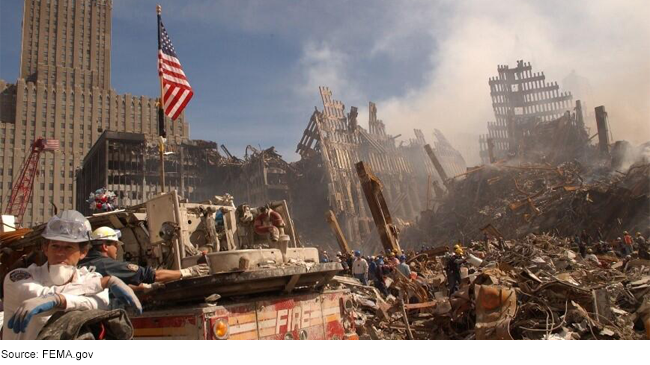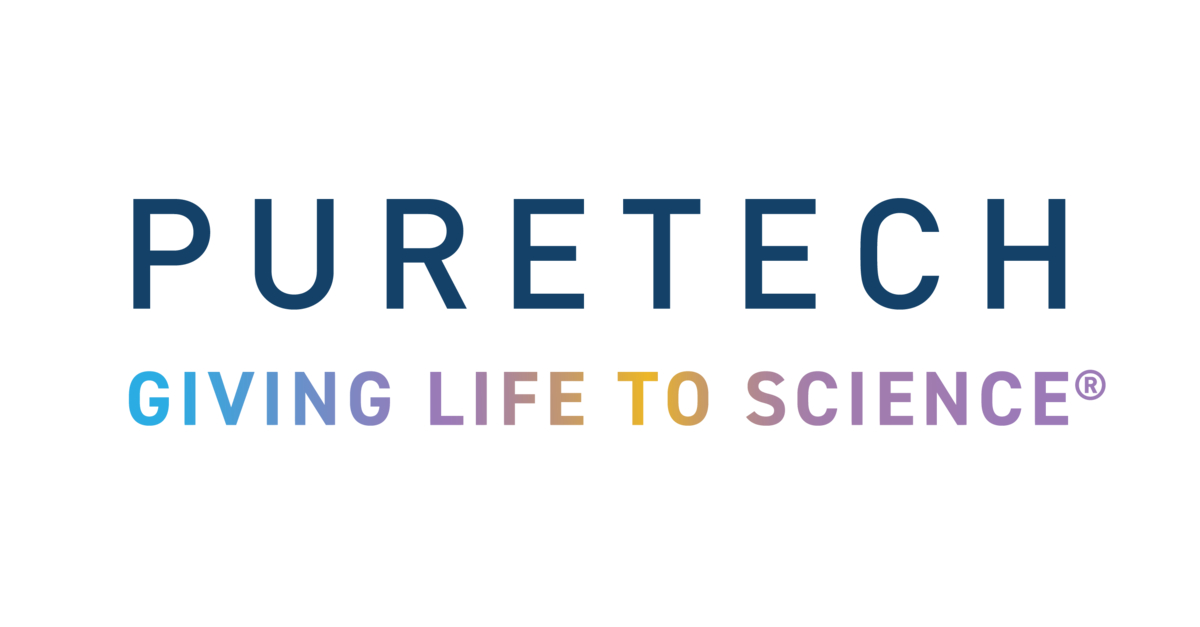[ad_1]
What GAO Found
The World Trade Center Health Program, administered by the National Institute for Occupational Safety and Health (NIOSH), provides health services to eligible responders and survivors of the September 11, 2001, attacks at no cost. NIOSH contracts with clinics in the New York City area and a Nationwide Provider Network (NPN) to provide health services to these individuals—known as members. Spending on health services by the program increased by about 85 percent from fiscal year 2016 through 2021. (See figure.) Clinics that serve responders in the New York City area accounted for the majority of health services spending. Clinics that serve survivors in the New York City area and through the NPN accounted for a growing share of total spending over the time period reviewed.
World Trade Center Health Program Spending on Health Services, Fiscal Years 2016 through 2021

The World Trade Center Health Program Quality Assurance Committee is comprised of senior program leadership. It was established to develop quality assurance objectives, formulate plans to achieve those objectives, and monitor related activities throughout the program. This is to be accomplished, for example, by recommending the development of performance metrics. In addition, NIOSH developed strategic priorities for the program. According to officials, NIOSH also applies resources, including quality assurance staff, to support these priorities.
Timely access to health services is an important component of quality health care. However, NIOSH has not specified ensuring timely access among the program’s strategic priorities. In addition, the Quality Assurance Committee has not assessed the extent to which members have timely access to health services through the NPN because there are no quality assurance metrics for this. However, information previously collected by the NPN contractor, which was not provided to the Quality Assurance Committee, indicates there were potential problems with the timeliness of members’ access to health services. Absent prioritizing timely access to health services, establishing metrics, and reviewing metric data, there is increased risk that reported delays in some members’ access to NPN-provided health services may continue and negatively affect those members’ morbidity, mortality, and quality of life.
Why GAO Did This Study
The World Trade Center Health Program provides health services, such as monitoring and treatment for conditions related to the September 11, 2001, attacks, through clinics in the New York City area and the NPN. The program is required to ensure reasonable access to health services through the NPN. However, program stakeholders have reported delays with members’ access to these services.
The James Zadroga 9/11 Health and Compensation Reauthorization Act included a provision for GAO to review the World Trade Center Health Program. This report examines the extent to which (1) program spending on health services increased, and (2) NIOSH’s quality assurance efforts included assessing the timeliness of access to health services for members through the NPN. GAO analyzed data on claims paid by the program. GAO also interviewed NIOSH officials and reviewed program documents on its quality assurance governance structure and strategic priorities.
[ad_2]
Source link



